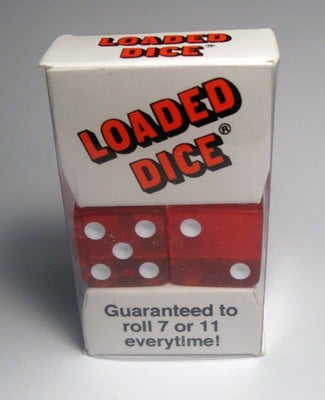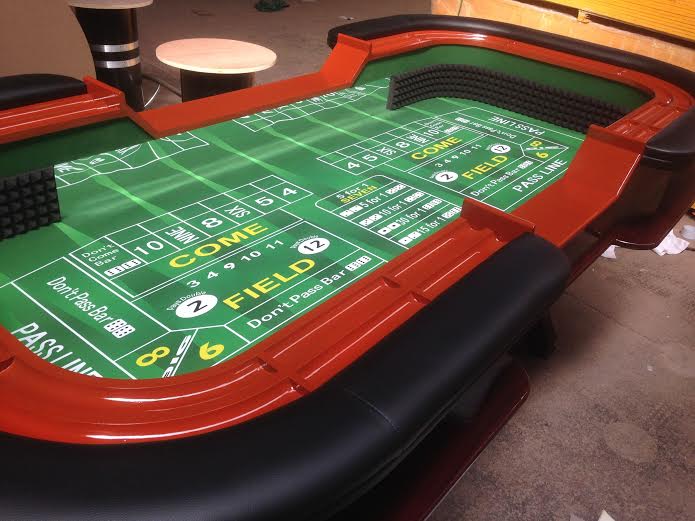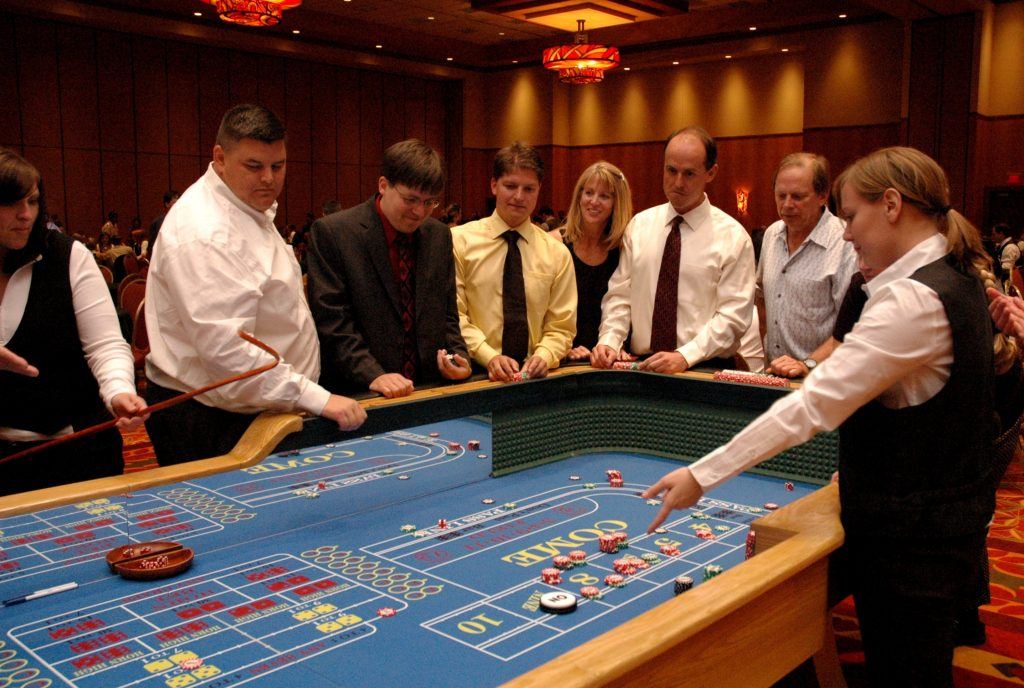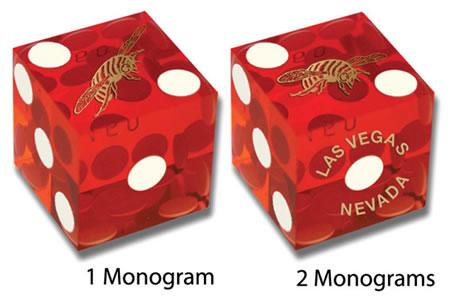How Casinos Defend Against Dice Cheating: Six Proven Strategies
In the world of casinos, most games offer players the chance to use legitimate strategies that might chip away at the house edge. However, in the quest for quick wins, some players stray into outright cheating-especially when it comes to dice games. The hands-on nature of rolling dice tempts some to try manipulating outcomes, but casinos are well-prepared with sophisticated tactics to thwart any attempts at foul play.

Combatting the Dice Sliding Technique
Dice sliding is one of the oldest tricks in the book. Instead of allowing the dice to tumble naturally, a player gently slides at least one die across the table to control which number lands facing up. By preserving one die’s number through lack of tumbling, the cheater can attempt to predictably influence the game’s outcome.
However, casinos are vigilant for this method. If a particular player repeatedly slides dice and wins more than statistically likely, floor staff quickly spot the pattern. Surveillance teams and experienced dealers are trained to notice abnormal throws. As highlighted by Sal Piacente, a casino protection expert, even skilled sliders are bound to draw attention when their lucky streaks and unusual throws cross the line into suspicion.
Incidents like the 2015 case in Cleveland-where two men were caught and later convicted of felony cheating through dice sliding-underscore the serious consequences cheaters face when detected.
Detecting and Preventing Loaded Dice
Using loaded dice is arguably the most well-known form of dice cheating. A loaded die is manipulated to favor certain numbers, often by shaving sides or altering the weight distribution. Even the tiniest adjustment-as little as 1/500 of an inch-can tip the odds in favor of the cheat.

To counter this, casinos use highly transparent dice, making it difficult to conceal any tampering or internal weighting. Each official die set arrives in sealed groups of five, and each die features matching serial numbers, laser-etched logos, or hidden monograms that are nearly impossible to replicate precisely. If a substituted die appears at the table, staff will instantly recognize the discrepancy and act accordingly.
Guarding Against Past Posting on Craps Tables
Past posting refers to the act of sneaking in bets after the outcome is already known-an especially tempting ruse at fast-paced craps tables. Cheaters often try to place chips on winning spots after the dice have settled, typically when the dealer is distracted, such as when asked for change.

Casinos deploy multiple security layers to stop this. Surveillance (“eye in the sky”), floor supervisors, and dealers keep a close watch. Many tables feature rail mirrors to give dealers a broader view of players’ hands and chip activities at all times. The severity of consequences is significant-a Detroit past poster netted $86,000 before being caught and sentenced to 25 years in prison.
Foiling Collusion with Hop Bets
Hop bets are a unique form of craps wager, where the player predicts the exact combination of numbers on both dice in the next throw. While this is a legitimate bet, problems arise when dealers and players collaborate illicitly. Without a designated betting area on most tables, these bets are typically called out verbally, making them hard to track.

A notorious scheme at the Bellagio from 2012-2014 saw players mumble hop bets, with dealers later “confirming” and paying out winning wagers-even when there was no legitimate bet placed. Casinos monitor betting and payout patterns for statistical anomalies. When payoffs defy impossible odds, investigations swiftly follow, and both players and culpable dealers risk prosecution and lengthy prison sentences.
Monitoring for Corner Shaving Tricks
Corner shaving is a subtle method where the cheater files down the edges or corners near certain numbers, making them less likely to land face up. Authentic casino dice are manufactured with perfectly sharp corners to eliminate this kind of bias and ensure every side is equally likely.

Even so, through hours of play, dice naturally wear down. Dealers closely inspect dice for rounding or irregular wear and routinely replace older sets every few hours, making it almost impossible for altered dice or subtle cheats to remain unnoticed in play.
Cracking Down on Rhythmic Rolling Techniques
Some players practice “rhythmic rolling” or “controlled shooting”-techniques aimed at putting a specific spin or force on the dice to coax desired results out of the roll, bordering on the art of dice sliding. While this isn’t always classified as clear cheating, any repeated, controlled dice rolls raise red flags for casino staff.
Casinos train shooters to shake the dice thoroughly before each throw, and those suspected of rhythmic rolling may be required to demonstrate a fair shake-or even asked to leave the table entirely. Additionally, specially designed “alligator bumpers” or foam spikes along the edge of the craps table force the dice to bounce unpredictably, further guaranteeing randomness and neutralizing any attempted skill throws.
Conclusion: An Ever-Evolving Battle Against Cheating
From transparent, serial-numbered dice to advanced surveillance technology and vigilant staff, casinos deploy an array of defenses against tricks both old and new. For cheaters, the risk is high: detection almost always leads to permanent bans, fines, and legal consequences. So, while the dice may physically remain in the players’ hands, ultimately, the house is always watching-and ready to act when someone tries to beat the odds unfairly.













